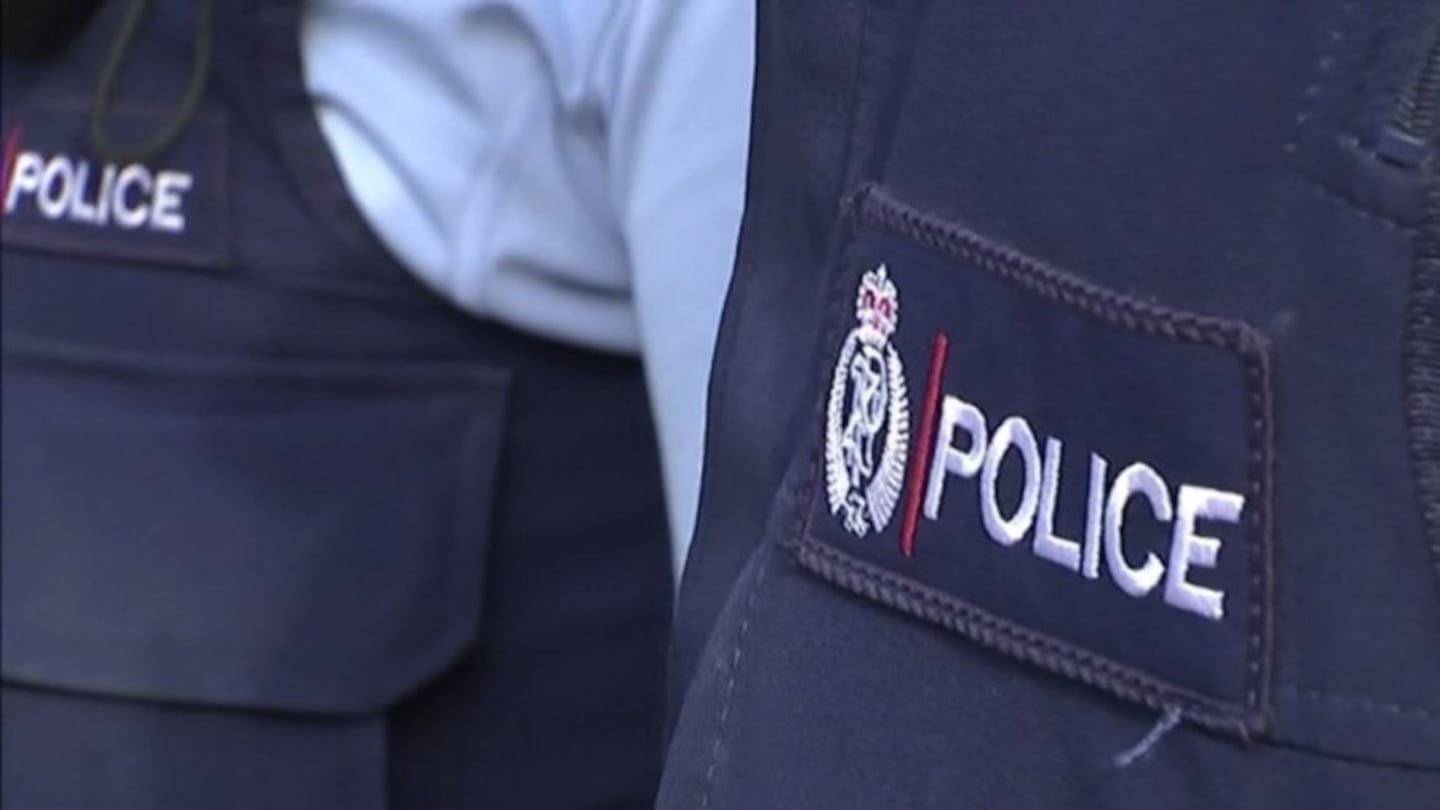Police were issued with a compliance notice by the Privacy Commissioner after it was discovered that officers in Wairarapa were unlawfully taking pictures of young Māori in December 2020, RNZ has revealed.
A compliance notice is issued if the Privacy Commissioner believes there has been a breach of the Privacy Act or a code of practice, or if privacy systems are inadequate.
Police confirmed this week the Privacy Commissioner issued them with the compliance notice in December last year, a year after the practice was originally discovered.
"Work related to the notice was already underway and will continue to be shaped in consultation with the office (of the Privacy Commissioner)," deputy police commissioner Jevon McSkimming told RNZ in a statement.
McSkimming said in late 2020 the police became aware of the issue in Wairarapa, and started work to improve practices in relation to the capture and storage of youth photos.
The office of the Privacy Commissioner, however, has refused to be drawn on the issue, with an official report into the police practice - which is known to be more widespread - due out shortly.
"We are in the final stages of preparing our joint report with the IPCA (Independent Police Conduct Authority) for publication, which includes statutory consultation with the police. We anticipate the report will be released later this month."
"Out of respect for all the people affected by this issue, and to allow our findings to be viewed in full context, we will wait until our full report is available before providing further comment."
The inquiry was initially looking at the practice of photographing young people, but its scope was subsequently broadened to include all members of the public.
This followed revelations by police that there had been a similar situation in Whanganui in 2014 where officers were photographing young Māori, and also an incident in Northland in 2019 where officers illegally detained a woman and breached her privacy by photographing her and her partner at a checkpoint, the RNZ reports says.
Police admitted to RNZ that for years they had unlawfully been using roadblocks to gather intelligence.

